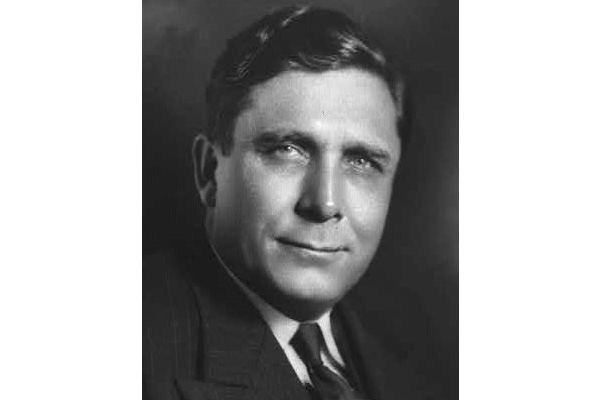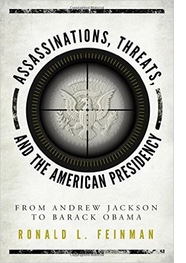The Election of 1940 and the Might-Have-Been that Makes One Shudder

Lewis Wendell Willkie
The Presidential Election of 1940 is well remembered as being one of the most crucial elections in American history, and rightfully.
America was facing the growing threat of Nazi Germany and Imperial Japan, as World War II raged all over the globe. Meanwhile, in America, the isolationist crusade, as the central domestic controversy raging in America, was in full swing, as the America First Committee was having a dramatic effect on the nation, with many leading public figures of all political stripes, vehemently demanding that America stay out of the war, best personified by the organization’s most influential spokesman, famous aviator Charles Lindbergh.
 So
the issue of staying out of war was the focus of the campaign, with
the issue of a third term for President Franklin D. Roosevelt also
promoting furious debate, as FDR pledged that he had no intentions of
taking America to war, but his isolationist opponents convinced that
his ultimate purpose was to enter the war on the side of Great
Britain.
So
the issue of staying out of war was the focus of the campaign, with
the issue of a third term for President Franklin D. Roosevelt also
promoting furious debate, as FDR pledged that he had no intentions of
taking America to war, but his isolationist opponents convinced that
his ultimate purpose was to enter the war on the side of Great
Britain.
Franklin D. Roosevelt went on to win a substantial victory over the only Presidential nominee in American history to have no government experience, utilities executive Wendell Willkie of Indiana, who “conquered” the Republican National Convention with his soaring oratory. Willkie was very appealing to many as an “outsider”, and his charisma converted many people, but at the end, he lost out, but became a supporter of the World War II war effort, wishing to aid Great Britain even as a candidate, antagonizing the party that had nominated him for the White House. His cooperating with FDR and defying many in the Republican Party, infuriated party leaders who complained that this former Democrat was “flip flopping” on an issue, isolationism, which had united the Republican Party against the President. By supporting FDR on aid to Great Britain, Willkie took away the key issue of the Republican Party at the time, for which they never forgave him,
It seems clear the Willkie would have followed a similar pattern as FDR did in 1941 on aid to Great Britain, through Lend Lease, and would have pursued the war effort in similar fashion, and Willkie acted as an informal foreign envoy for the President during the war. By 1944, with the assumption that FDR would not seek a fourth term, Willkie made an attempt to win the Republican nomination, but bowed out of the race before the Republican National Convention.
Willkie’s role in history is significant for aiding FDR in the debates and strategy for America in World War II, but history also tells something not generally recognized. Willkie was only 52 in 1944, but he was in poor health, due to bad eating habits, incessant smoking, and heavy drinking, all of which went unreported. In October, he suffered a series of heart attacks, and died, so had he been the GOP nominee that year, he would not have made it alive to the election, unprecedented in American history.
But even more amazing is that this means that had Willkie won in 1940 over FDR, he would have died in office at a crucial moment when D Day had occurred, but the Battle of the Bulge had not yet happened. There was yet no certainty that America would prevail on the European or Asian war fronts. And one might say, well, his Vice President would have succeeded him, BUT his running mate in 1940, Oregon Senator Charles McNary, Senate Minority Leader throughout the New Deal years, actually had died eight months earlier in February, 1944, succumbing to a brain tumor which had been a problem for a year before his death.
So that means for the only time in American history, the potential President and Vice President in the Presidential Election of 1940 would both have died in office, leaving the Presidency to whoever would have been Secretary of State, under the Presidential Succession Law of 1886!
The whole history of World War II MIGHT have been very different, and certainly much more complicated by such a scenario. But ironically, now as we look back, we realize that FDR was dying, but made it through the Presidential Election of 1944, unwilling to retire but making the decision to choose Harry Truman to replace Henry A. Wallace as Vice President, itself a turning point in American history with massive long term ramifications!
So the 1940 Presidential Election had much more impact than most historians have actually recognized, and could be argued to be among the top five Presidential elections in historical impact, joining those in 1860, 1932, 2000, and 2008!